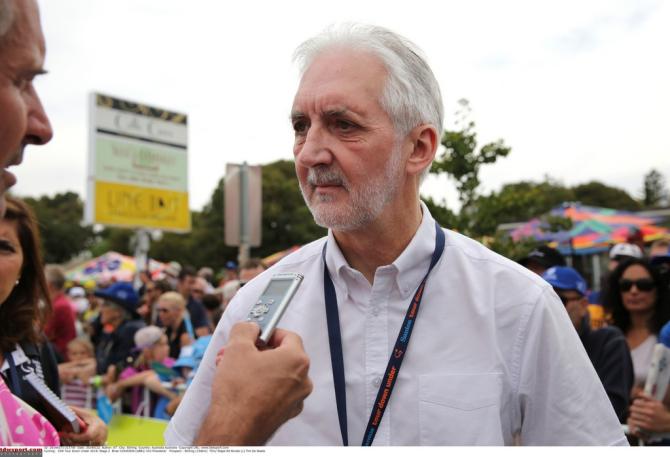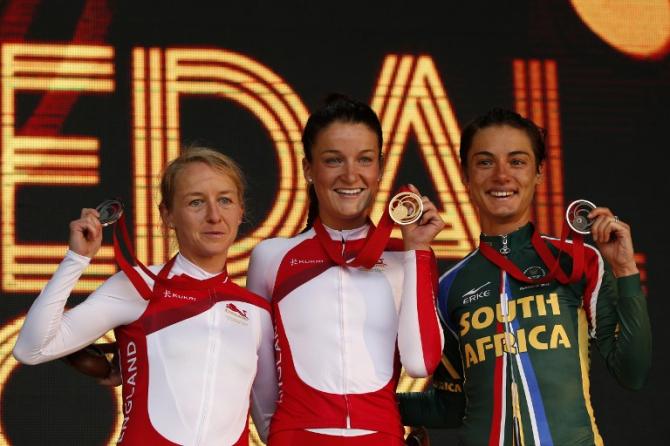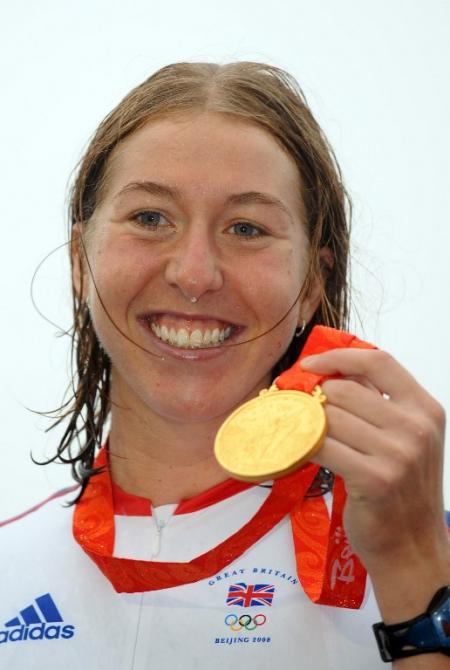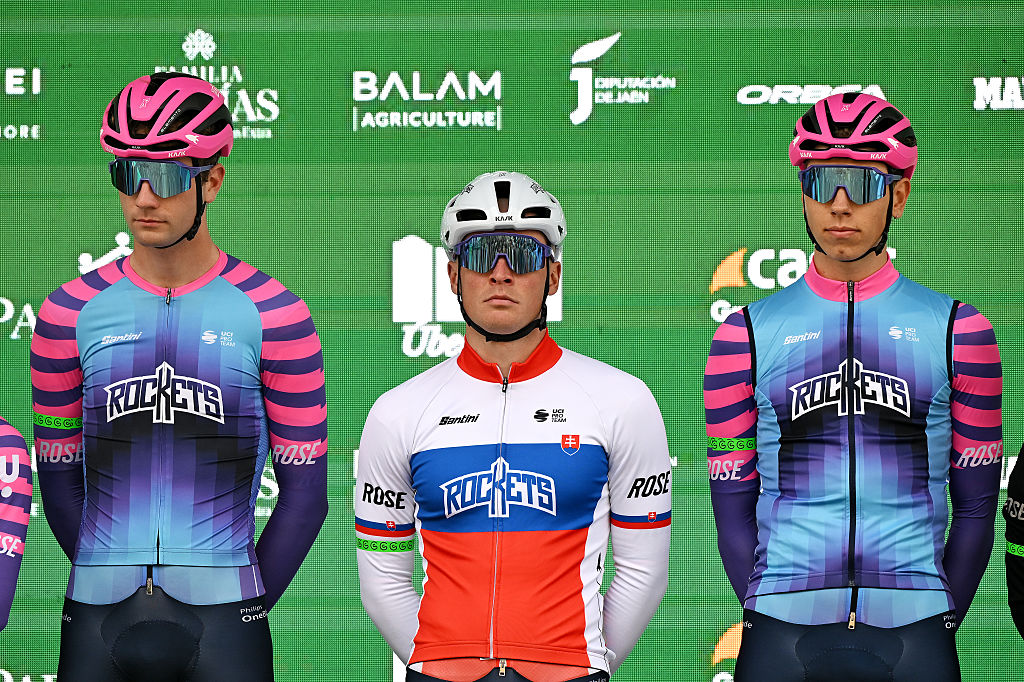Video: Cookson says minimum wage could hurt women's cycling
UCI president says teams could fold if forced to pay higer salaries
The latest race content, interviews, features, reviews and expert buying guides, direct to your inbox!
You are now subscribed
Your newsletter sign-up was successful



UCI president Brian Cookson has responded to recent criticism about the lack of minimum wage for female cyclists. Speaking at an event in Manchester, Cookson said that introducing a minimum wage was a complicated process and that bringing it in could actually have a negative impact on the women’s sport.
“It’s a bit of a chick and an egg [situation], I’m told, and passing a simple rule at this point in time could potentially be counterproductive. But it does remain an important objective,” the Guardian newspaper quoted him as saying.
UCI World Cup winner Lizzie Armitstead has had to rely on funding from the Lottery to train full-time. She recently criticized the lack of basic salary in an interview with Sky Sports News. During his bid to become the head of cycling’s governing body, Cookson named the development of women’s cycling as one of his ‘pillars.’ Part of this pillar was a minimum wage for the women’s peloton, however it seems that this is still a long way off.
“The women who have been involved in the Women’s Road Commission have told me that the result of that would not be 500 women suddenly being paid the minimum wage,” Cookson continued. “They’ve told me that actually most of the teams that currently present themselves as professional teams would fold or re-register as amateur teams, so they wouldn’t end up paying those women anything at all anyway.”
To subscribe to the Cyclingnews video channel, click here
There is already a minimum wage of €35,000 for WorldTour teams, with top riders earning substantially more than that. Wages in the women’s peloton are significantly lower with the top earners taking in almost half that amount and some earning as little as €12,000, leaving many riders taking on second jobs to sustain themselves.
Nicole Cooke told Cyclingnews that she thinks that the UCI has ignored women’s cycling and bringing in a minimum wage would give it some much needed structure. However, Cookson believes that teams could play more of a role in this process. “There is nothing to stop a women’s team from paying parallel salaries to men’s teams if they can do it, if they can raise the sponsorship. Passing a rule won’t do that,” he said.
The latest race content, interviews, features, reviews and expert buying guides, direct to your inbox!
Women’s cycling has gained more traction in the public domain this season with the likes of La Course and the Women’s Tour being given mainstream television air-time. All rounds of the World Cup are now shown on the UCI’s YouTube page, but there is certainly more to be done to bring the sport in line with the male side. While Cookson accepts that there is still a long way to go, he believes that immediate ‘knee-jerk’ responses are not the way forward.
“I would like to see a week-long women’s Tour de France, a challenging event, some mountain stages and so on. I think these things need to be changed incrementally,” he explained. “If you suddenly did it one year it would be counterproductive, it would put back the development of women’s cycling.”
Cookson also talked on the issue of forcing the current crop of men’s teams to also put forward a women’s team. Under the proposed guidelines, which are set to be brought in for 2017, all WorldTour teams would be required to form a development team but not a women’s team.
“I don’t want women’s sport to always be secondary to men’s sport,” said Cookson. “You’ve seen that with the Tour of Britain this year which has been hugely successful without being attached to a men’s event.
“I think there are sponsors out there who would be interested in sponsoring women’s cycling but not men’s cycling, for whatever reason.”


